A dream is a wish your heart makes
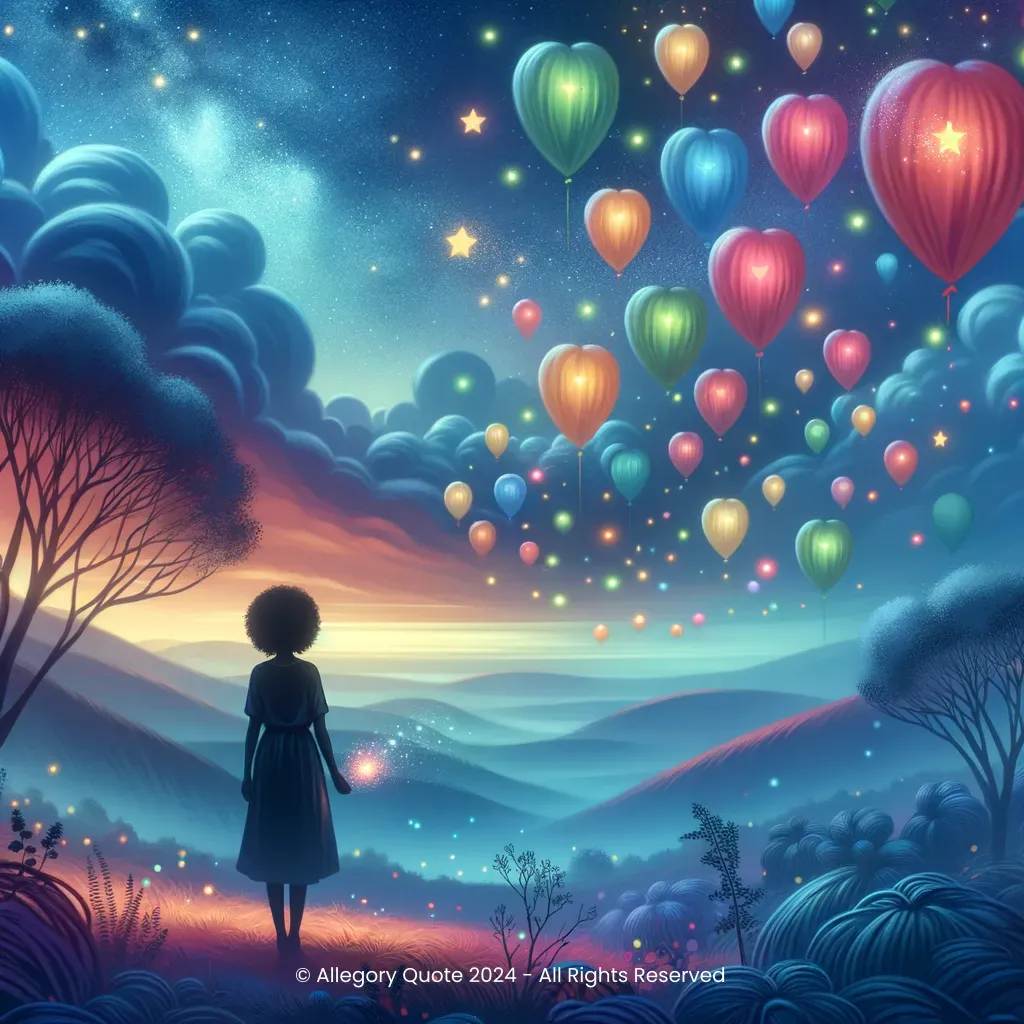
0
0
0
0
- Meaning
- This phrase suggests that dreams are not merely fantasies but rather manifestations of our subconscious wishes. Philosophically, it hints at the importance of listening to one's heart and desires, aligning with humanistic psychology which values individual intuition and personal fulfillment. Historically, it resonates with the fairy tale tradition where dreams symbolize hope and the belief in a better future.
- Allegory
- In the image, the starry night sky represents limitless dreams and aspirations, while the colorful balloons symbolize the various wishes that arise from the heart. The young person gazing upward serves as a metaphor for hope and longing, suggesting a connection between their dreams and their innermost desires. The serene landscape enhances the sense of calm and possibility, inviting viewers to reflect on their own dreams.
- Applicability
- In personal life, this phrase encourages individuals to pursue their dreams and desires, reinforcing the idea that what we yearn for inwardly can guide our actions towards achieving fulfillment. It serves as a reminder to be true to oneself and to strive toward personal goals.
- Impact
- The impact of this phrase has been profound in popular culture, especially in motivational contexts. It has inspired many to chase their dreams, becoming a staple in discussions about aspirations in film, literature, and self-help movements. It is often quoted in contexts encouraging resilience and hope.
- Historical Context
- The phrase originates from the mid-20th century, specifically from the 1950s when 'Cinderella' was released. This was a time marked by a post-World War II cultural shift toward optimism and the belief in personal dreams and ambitions.
- Criticisms
- There haven't been significant controversies regarding this phrase, but some critiques may argue that it promotes a simplistic view of dreams, suggesting that simply wishing will lead to success without the need for hard work or realistic planning.
- Variations
- In various cultures, similar sentiments about dreams and wishes exist. For example, in Chinese culture, there's a saying 'Dreams are the window to your heart,' emphasizing the connection between dreams and inner desires. However, interpretations may vary regarding the emphasis on fate versus personal agency.
-
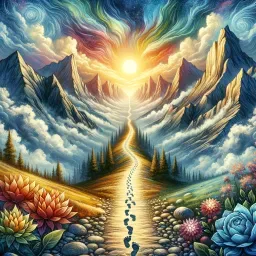
You gotta put your behind in your past.
-
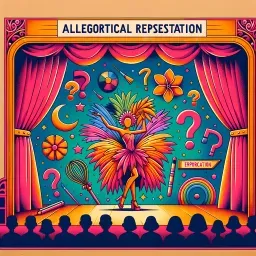
What do you want me to do, dress in drag and do the hula?
-
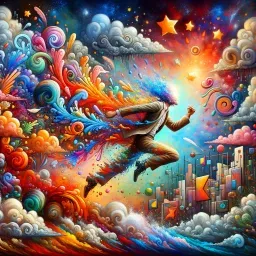
I’m gonna wreck it!
-
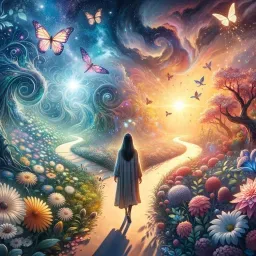
No matter how your heart is grieving, if you keep on believing, the dream that you wish will come true.
-
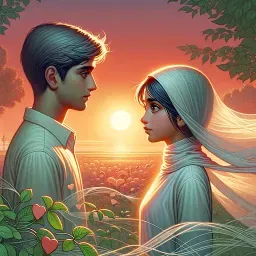
I’m just a girl, standing in front of a boy, asking him to love her.
-

I'm the king of the world!
-
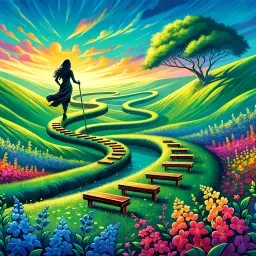
Keep moving forward.
-
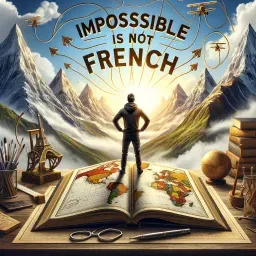
Impossible is not French.
-
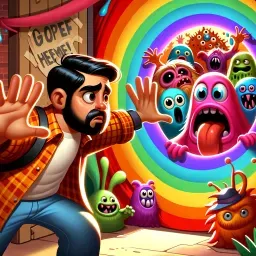
Put that thing back where it came from or so help me!
-
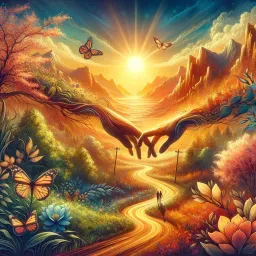
You are my greatest adventure.
-

Our battered suitcases were piled on the sidewalk again; we had longer ways to go. But no matter, the road is life.
No Comments